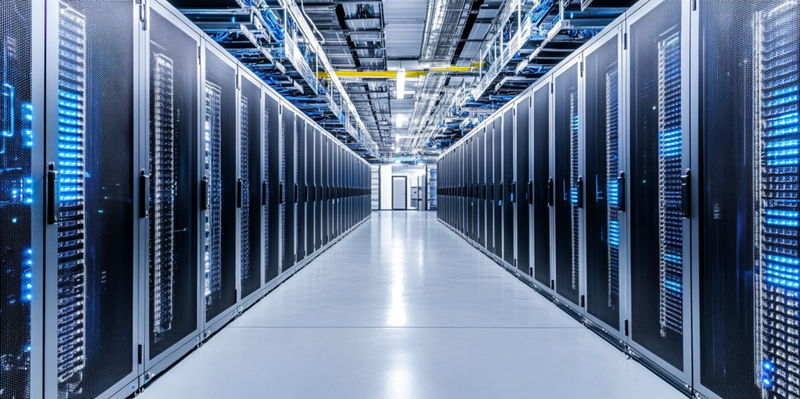The demand for power in Europe’s data centers is set to nearly triple by the end of the decade, posing significant challenges and opportunities for the continent. Power consumption for these facilities is expected to rise from 62 terawatt hours (TWh) today to over 150 TWh by 2030. This dramatic surge stems primarily from increased digitalization and advancements in artificial intelligence (AI). The report outlines stark implications for the entire energy sector in Europe, where data centers will account for around 5% of the continent’s total electricity consumption, up from just 2% today.
Crucial Investments and Infrastructure Upgrades
To meet the growing demands, Europe must undertake substantial investments in data infrastructure, estimated to be between $250-300 billion. This does not even include the necessary upgrades to power generation, which must adapt to the increased load. Critically, the additional power will need to be sourced largely from low-carbon options, pushing for widescale grid enhancements and sustainable energy solutions. Data centers’ IT load is expected to jump from 10 gigawatts (GW) today to about 35 GW by 2030, highlighting the scale of the challenge ahead. Achieving these goals will require not just financial input but extensive policy measures, strategic planning, and advancements in energy technologies.
Sustainable Strategies and Energy Needs
The demand for energy in Europe’s data centers is projected to almost triple by the end of this decade, presenting both serious challenges and exciting opportunities for the region. The power consumption of these facilities is expected to climb from 62 terawatt hours (TWh) today to over 150 TWh by 2030. This significant increase is driven mainly by the growing trend of digitalization and the rapid advancements in artificial intelligence (AI). The report emphasizes the severe consequences for Europe’s energy sector, forecasting that data centers will represent approximately 5% of the continent’s total electricity usage, a jump from the current 2%.
This rise in power consumption is not just a technical issue but also a policy challenge. Governments and companies will need to invest heavily in new infrastructure and renewable energy sources to meet this demand sustainably. Moreover, the increased energy needs underscore the importance of implementing more efficient data center technologies and practices. As Europe strives to meet its energy and climate goals, addressing the electricity demands of data centers will be crucial for a balanced and sustainable future.

